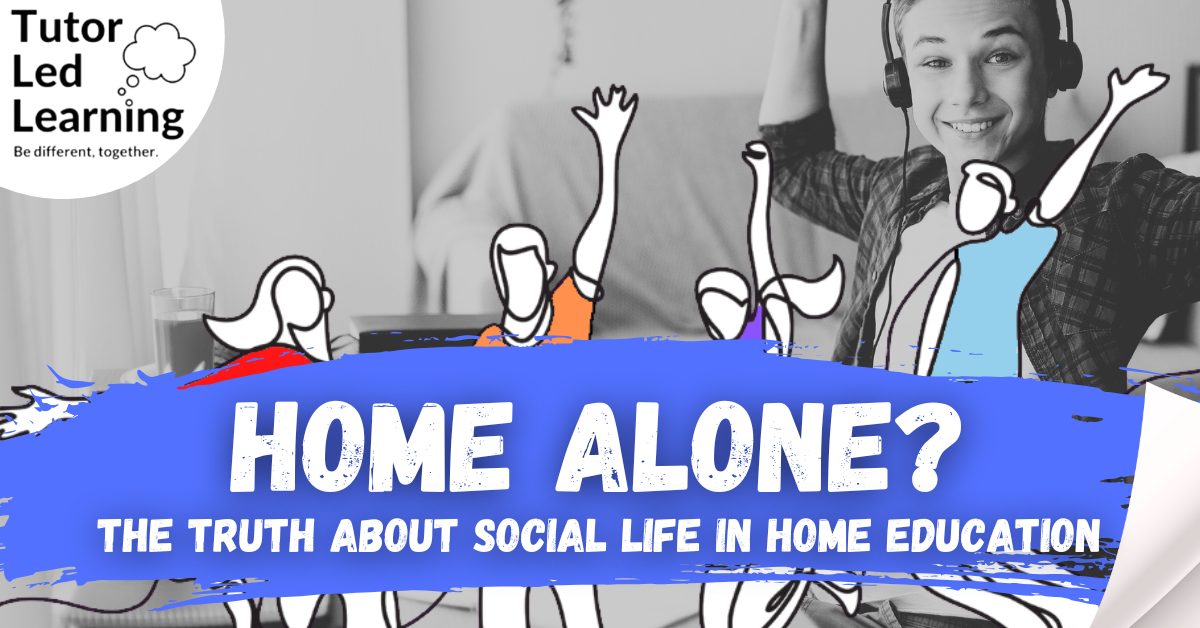
Looking for a different approach to education? Get in touch to see how we can support your Home Education journey.
The Truth About Social Life in Home Education
When people hear the term home education, a certain image often springs to mind: a child sitting alone at the kitchen table, working in silence while the world carries on without them.
No classmates.
No conversations.
No social life.
Just worksheets and long days in isolation.
But here’s the truth: for most home-educated children, that couldn’t be further from reality.
The Social Myth
One of the most common concerns people have about home education is that children will “miss out” on friendships and social development. It’s an understandable fear. After all, many of us grew up believing school was the place you made friends. The idea that learning happens best in a loud classroom with thirty other children has become something of a cultural default.
But here’s the thing: social interaction doesn’t stop when school ends. In fact, many home-educating families would say their children’s real friendships only began once they left the school system.
What Social Life Really Looks Like
In our Tutor Led Learning community, we see it all the time.
We work with small groups of students—live, online, and face-to-face (screen-to-screen!). Our sessions are designed to spark interaction. We laugh, we chat, we work through problems together. Over time, students form real bonds.
We’ve even had students travel across the country to meet up in person with friends they met in our classes. One family told us their child had never felt like they “fit in” at school—but after joining our group, they found “their people.”
And that’s what it’s all about, isn’t it? Finding your people.
Small Groups, Big Connections
In a traditional classroom, it can be hard to be heard. But in our small-group tutorials, every student gets to speak—and more importantly, gets to be listened to. We don’t just teach English and Science. We build confidence. We encourage curiosity. We create space for jokes, ideas, debates, and shared discoveries.
It’s education—and social development—on purpose.
Home Education Isn’t Isolation
Let’s be clear: choosing to home-educate is not the same as choosing to isolate. Quite the opposite. Many families choose home ed precisely because they want a more connected, more personal way of learning.
They want their child to:
- Learn at their own pace
- Explore their interests
- Build confidence
- Find real friendships
And at Tutor Led Learning, that’s what we help them do—together.
Be Different Together
We often say “Be different together”—and it’s more than a motto. It’s a way of saying you don’t have to be in a mainstream system to find your tribe. You don’t have to follow the same old route to feel a sense of belonging.
Home-educated children are not “home alone.” They’re part of thriving, dynamic, compassionate communities—learning, laughing, and growing alongside others who get them.
And honestly? That sounds like a pretty good way to grow up.
This blog article has been written by TLL with the assistance of Chat GPT
